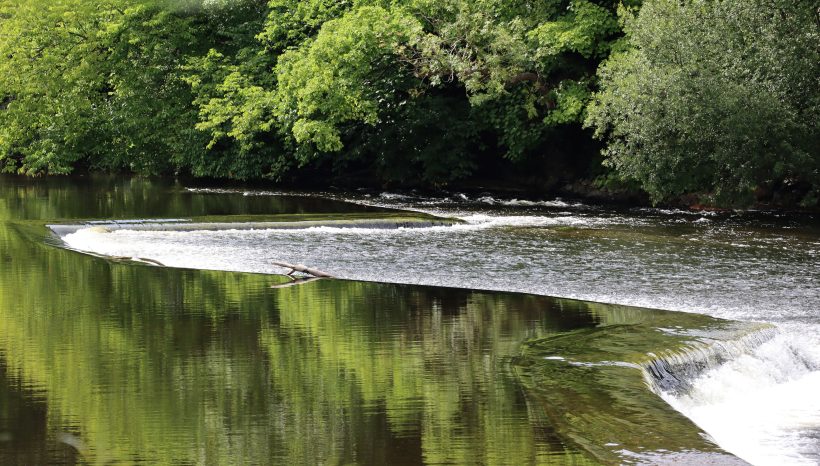
Farmers and landowners will participate in a multi-million pound project aiming to restore the River Dee and its surroundings.
The £6.8m project aims to bring benefits to the local environment, particularly improving the numbers of salmon, lamprey and freshwater pearl mussels.
Working in partnership with farmers and landowners, the project will include weir removals, constructing fish passages and adapting farming and forestry practices.
Conservation work carried out will target the entire river ecosystem, by improving fish migration, biodiversity, and water quality.
The main uses of the River Dee are cattle and sheep grazing, providing water supply for 2.5 million people and tourism.
Lesley Griffiths, Minister for Environment, Energy and Rural Affairs, welcomed the launch of Natural Resources Wales's (NRW) project.
“We are keen to continue to work with NRW in projects such as these, which will not only help to promote threatened fish stocks, but will also bring benefits in other areas – such as heritage, flood prevention and recreation.
“I am also pleased to note that the project will, where possible, employ local contractors, which will be of huge importance to the regional recovery as it recovers from the impact of the Covid-19 pandemic.”
It comes as Chancellor Rishi Sunak recently visited two Yorkshire farms to see the government's post-Brexit Environmental Land Management scheme in action.
Farmers in North Yorkshire are testing the scheme, which will replace the EU's CAP, to help shape any future approach to payments and public goods.
The ELM scheme will see farmers paid for work that enhances the environment, such as tree or hedge planting and river management to mitigate flooding.
Moving away from the EU's system that pays farmers for the total amount of land farmed, the scheme will instead pay for ‘public goods’.
